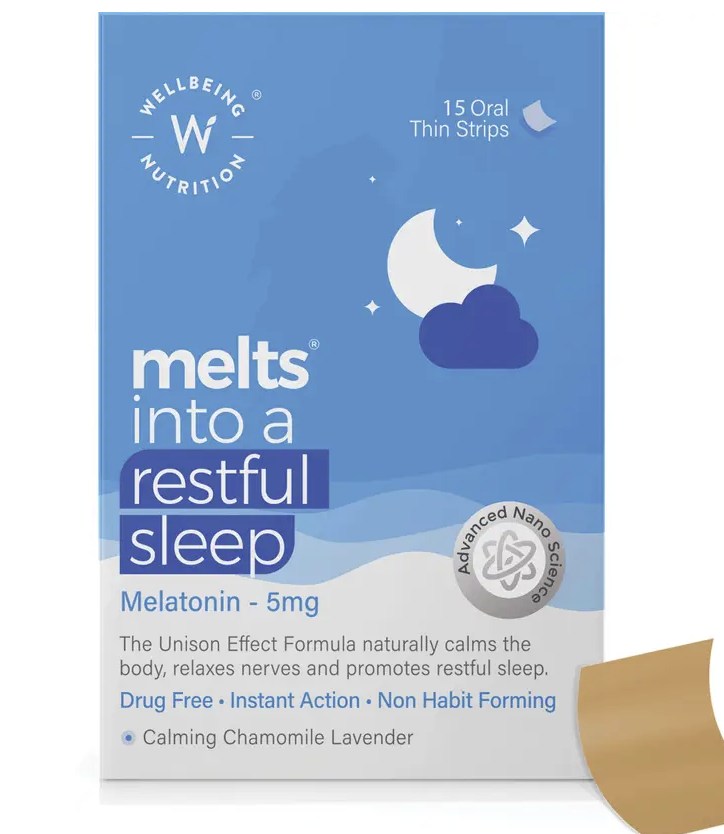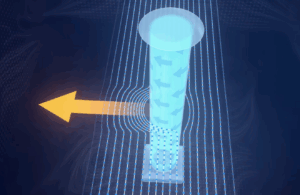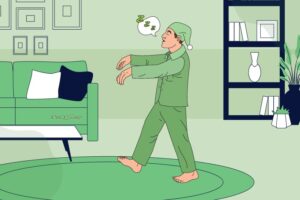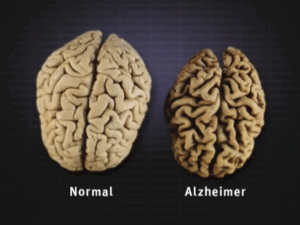The Truth Behind the Pill Many Think Is a Placebo
Three million Americans use melatonin sleep aids, and that number continues to rise, according to the Centers for Disease Control and Prevention (1). However, many people wonder whether melatonin supplements actually help with sleep, or if they’re just a placebo.

Melatonin comes in two forms: endogenous and exogenous. The endogenous form is a naturally occurring hormone produced by the pineal gland in the brain. It regulates the circadian rhythm, the body’s natural sleep cycle. The pineal gland releases melatonin in darkness, each night telling the body to get ready to sleep (2). Exogenous melatonin is made in a lab and is often taken as a supplement (2). Many people use it to combat jet lag, insomnia, or sleep soundly. However, Dr. Martin from the American Academy of Sleep Medicine notes that placebos work pretty well for insomnia (3). But who is correct?
Evidence suggests that melatonin supplements can reduce the time it takes to fall asleep and help reset the body’s sleep cycle. According to a survey conducted by the National Health Interview Survey (NHIS), around 5.2% of the respondents reported using melatonin nightly (4).
Additionally, melatonin supplements are found in various forms, making them appealing to many. Melatonin patches release melatonin into the bloodstream more slowly than pills. They can also help prevent waking up throughout the night. Melatonin melts are another alternative that go either under the tongue or between the gums and cheek. These are absorbed quite quickly—faster than gummies. Melatonin gummies are the most common form of melatonin. While they are better absorbed and can come in a variety of flavors, they can be confused with multivitamin gummies or regular gummies, which can cause children to accidentally overdose (5).

Despite its popularity, melatonin can cause many side effects such as increased fall risk and impaired driving. According to the NHIS, 27.5% of melatonin users reported developing insomnia after becoming too dependent on the supplement (4). These side effects are more commonly found in older adults. Furthermore, a study by the Journal of the American Medical Association in 2023 found that the amount of melatonin in supplements ranged from 74% to 347% of the amount on the label, and 22 out of 25 bottles were inaccurately labeled. Supplements can contain between one and ten milligrams of melatonin, far more than the 0.3 milligrams that the body naturally produces (6).
Overall, melatonin supplements can help people fall asleep faster by influencing their circadian rhythm. Their wide availability and different forms make them easily accessible. However, overuse of these supplements can cause insomnia due to dependence, harsh side effects, and raise safety concerns about inaccurate labeling. Melatonin may serve as a helpful way to get over jet lag or fall asleep faster, but should not be used as a long-term solution.
Images
Bibliography
- John Hopkins Medicine. (2012). Melatonin for Sleep: Does It Work? Johns Hopkins Medicine. https://www.hopkinsmedicine.org/health/wellness-and-prevention/melatonin-for-sleep-does-it-work
- Clinic, C. (2023, September 6). Melatonin: What It Is, What It Does & How It Works. Cleveland Clinic. https://my.clevelandclinic.org/health/articles/23411-melatonin
- Nierenberg, A. (2022, January 11). Melatonin for Sleep: How the Aid Works. Nytimes.com; The New York Times. https://www.nytimes.com/2022/01/11/well/mind/melatonin-sleep-insomnia.html
- Costello, R. B., Lentino, C. V., Boyd, C. C., O’Connell, M. L., Crawford, C. C., Sprengel, M. L., & Deuster, P. A. (2014). The effectiveness of melatonin for promoting healthy sleep: a rapid evidence assessment of the literature. Nutrition Journal, 13(1). https://doi.org/10.1186/1475-2891-13-106
- Sleep Foundation. (2022, October 25). How long does melatonin take to work? Sleep Foundation. https://www.sleepfoundation.org/melatonin/how-long-does-melatonin-take-to-work
- Shortsleeve, C. (2025, March 14). Should You Try Melatonin to Help You Sleep? Yale Medicine. https://www.yalemedicine.org/news/melatonin
Images






Comments are closed.